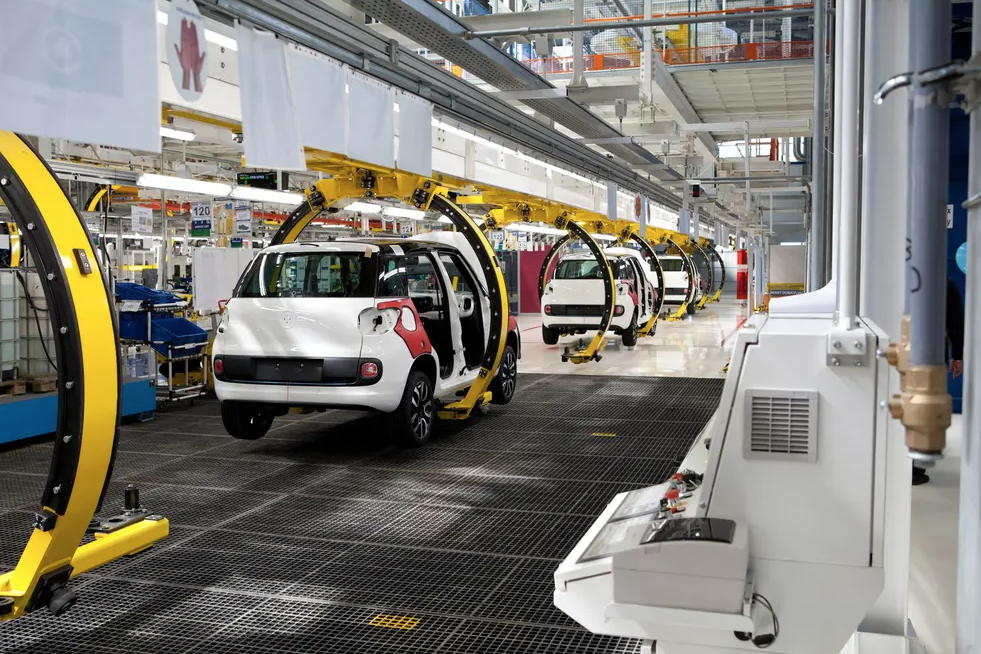Renegotiated the agreement on the phase out of the endothermic vehicles in 2035
“We have reached an agreement with Germany on the future use of electric fuels in cars,” European Commission Vice-President Frans Timmermans wrote on Saturday on Twitter. In fact, rather than agreeing on the role of e-fuels in European mobility, Brussels has agreed to sign a blank bill of exchange in Berlin. And they both ignored Italy.
We have found an agreement with Germany on the future use of efuels in cars.
— Frans Timmermans (@TimmermansEU) March 25, 2023
We will work now on getting the CO2-standards for cars regulation adopted as soon as possible, and the Commission will follow-up swiftly with the necessary legal steps to implement recital 11.
Green light for electric fuels
The stop to diesel and petrol cars in 2035 will no longer be total. This type of vehicle can still be produced and sold, but on one condition: that they use only electric fuels. That is synthetic fuels obtained by electrolysis through clean energy, combining hydrogen and CO2. It was Germany’s first key request.
Not only that. The Commission has accepted all the conditions imposed by Berlin. In order to amend the agreement reached last year, which had established the new Euro 7 standards and knocked out endothermic vehicles from 2035, the Community executive will have to submit an additional act introducing the e-fuel category. Berlin has also called for a formal commitment to make this change a reality quickly by autumn 2024. But a new Commission will be in office by that date, as elections will be held in May next year.
Read also Fury of Berlin on the diesel and petrol cars stop: “Everything to be redone”
If times are not a problem in themselves, the possibility of the European Parliament opposing and blocking everything is real. Strasbourg has already definitively approved the first agreement and has not been involved in this special round of negotiations. If this were to happen, a clause in the agreement between Berlin and the Commission would oblige the Commission to reopen the whole dossier, that is, to hand over the whole Euro 7 package. This would be an unprecedented choice.
The risk, in this case, would be to slow down the whole process and, paradoxically, to damage the European car industry to which Berlin wants to launch the life preserver by armoring diesel and petrol cars. To say “only EV in Europe since 2035″, in fact, means accelerating investment in electric cars and defending its market share from Chinese and US competition.
“Europe must take a step forward and give clarity to its automotive industry that is in the race with the United States and China,” says Julia Poliscanova, senior director for vehicles and electric mobility at Transport & Environment. “Electric fuels are an expensive and highly inefficient diversion from the electrical transformation that European car manufacturers face. For the sake of Europe’s climate credibility, the 2035 zero-emission car agreement must enter into force without further delay”.
In this frantic renegotiation, Italy remained at the window. Rome has sought the shore of Berlin but its request, that is to open not only to e-fuels but also to biofuels, has never been taken seriously. The President of the Council Giorgia Meloni tries to diminish the smacco saying that the game is still open. But without an explicit endorsement from Berlin it is hard to believe.

